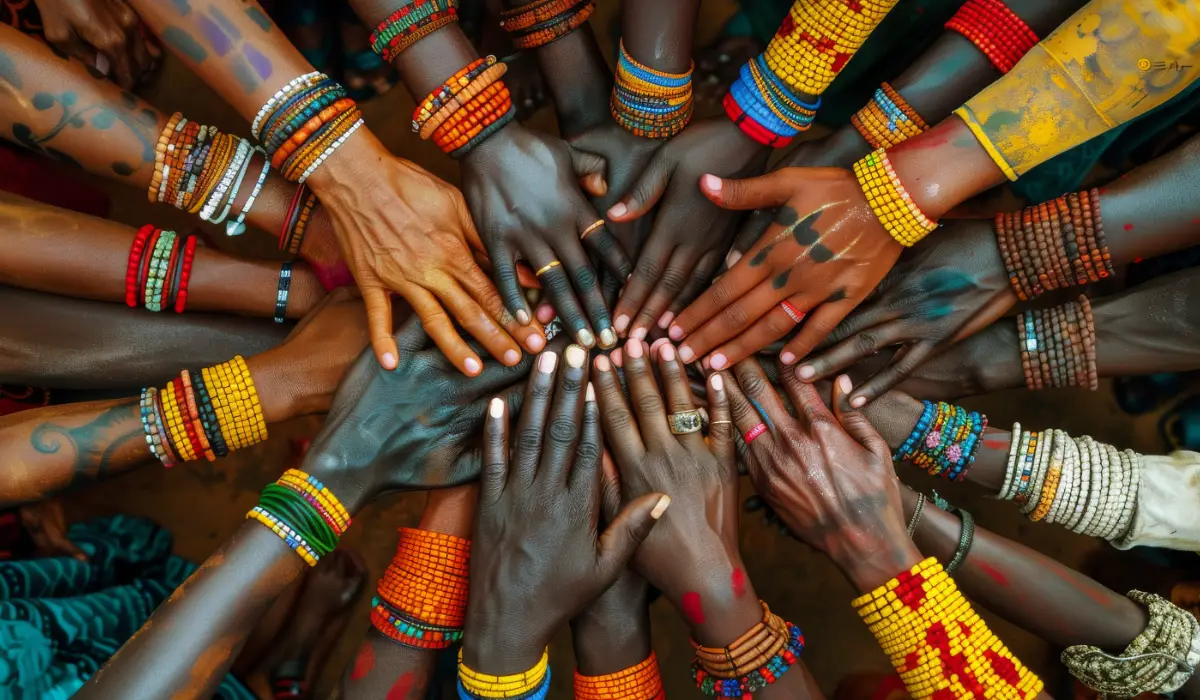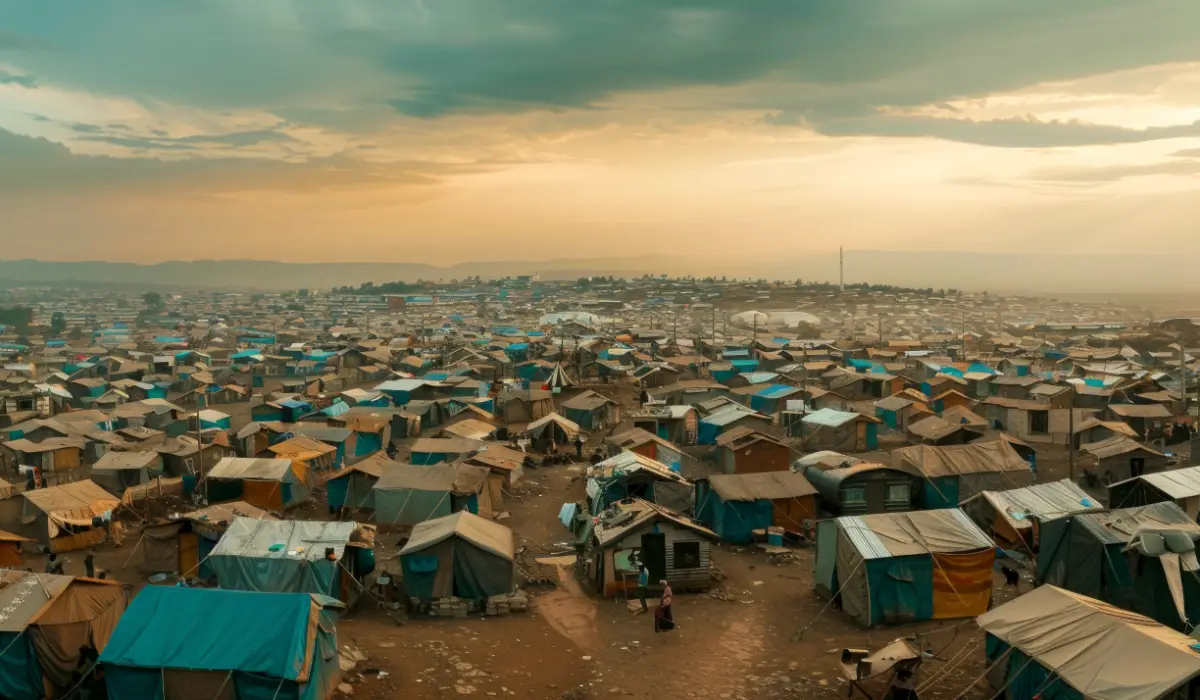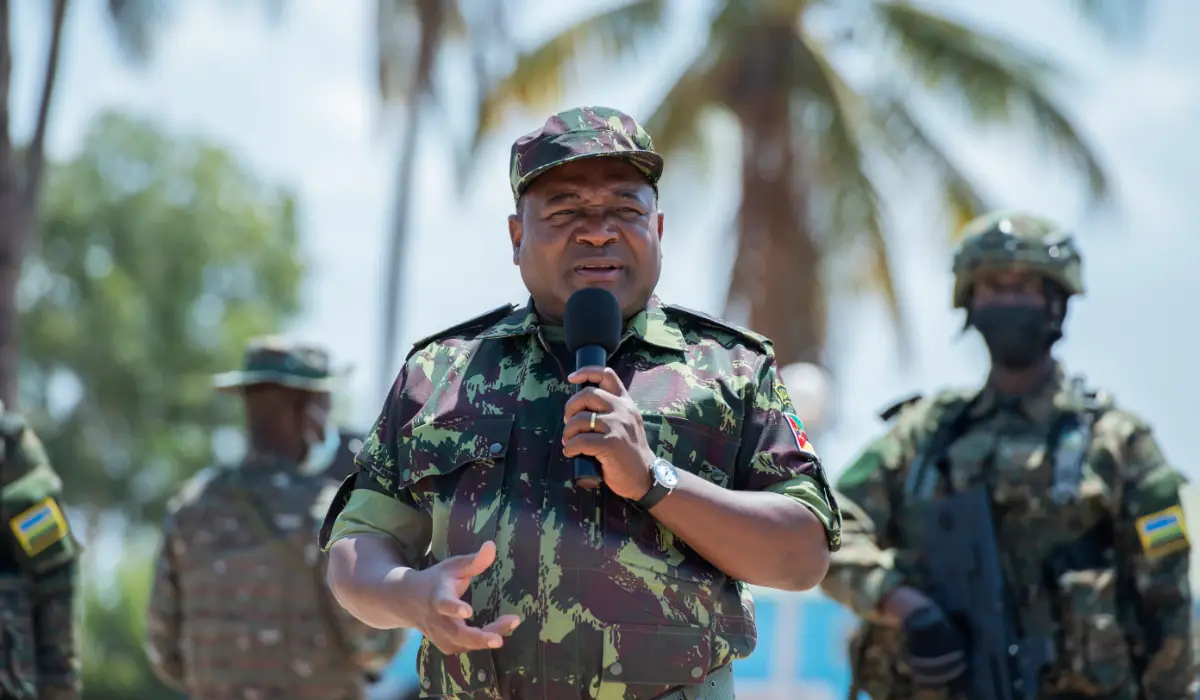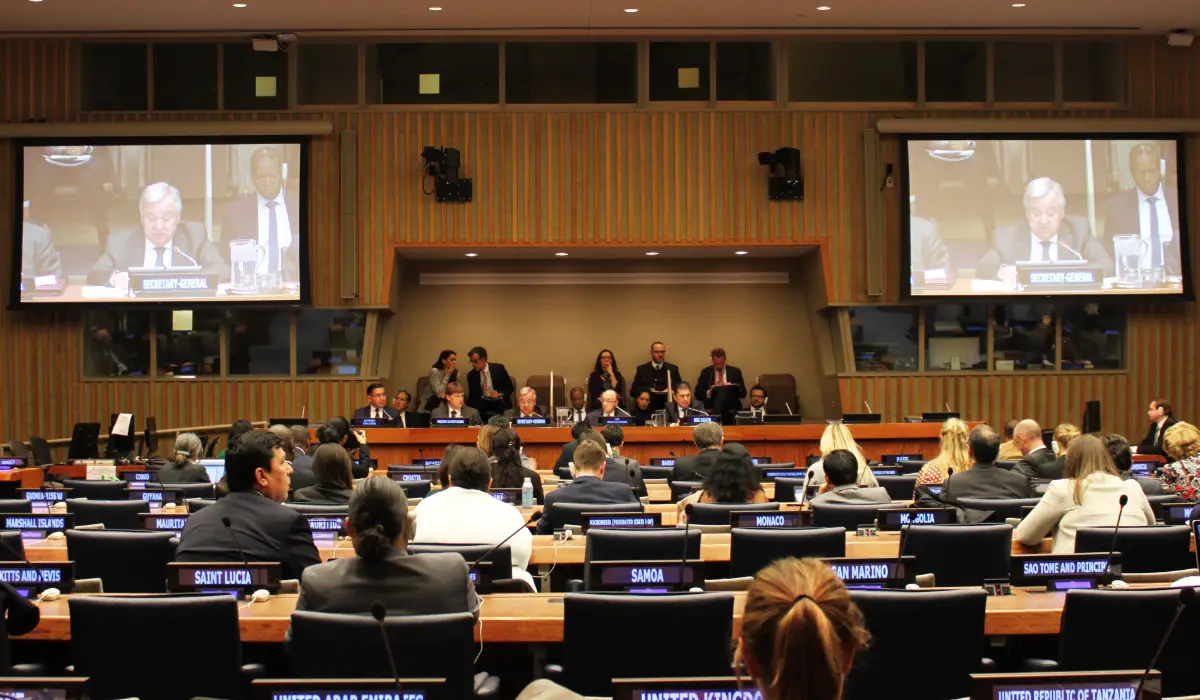We start this month’s Monitor with a feature article by Kapinga Yvette Ngandu, the ECCAS Commissioner for Gender, Human and Social Development, on the establishment of the ECCAS Humanitarian Action Architecture. In the article, Commissioner Ngandu highlights the key objectives of the ECCAS Humanitarian Policy and explains how the policy will enhance the ECCAS region’s ability to respond to the humanitarian challenges of population displacement, including those driven by regional insecurity.
The second article moves us from central Africa to the Southern African Development Community (SADC) Mission in Mozambique (SAMIM), as Chikondi Chidzanja expounds on the contribution of SAMIM and the role of Mozambique in sustaining domestic peace after SAMIM’s withdrawal.
In our third article Lesley Connolly and Aaron Stanley shed light on the importance of meaningful engagement by non-governmental organisations in the United Nations’ Peacebuilding Architecture Reviews.
Cedric de Coning’s article highlights the need for mediators to apply adaptive mediation and adaptive peacebuilding for the design and management of complex mediation and peace processes. In our 5th and final article, Michlene Mongae, explores the opportunities and risks of leveraging technology in Africa.








